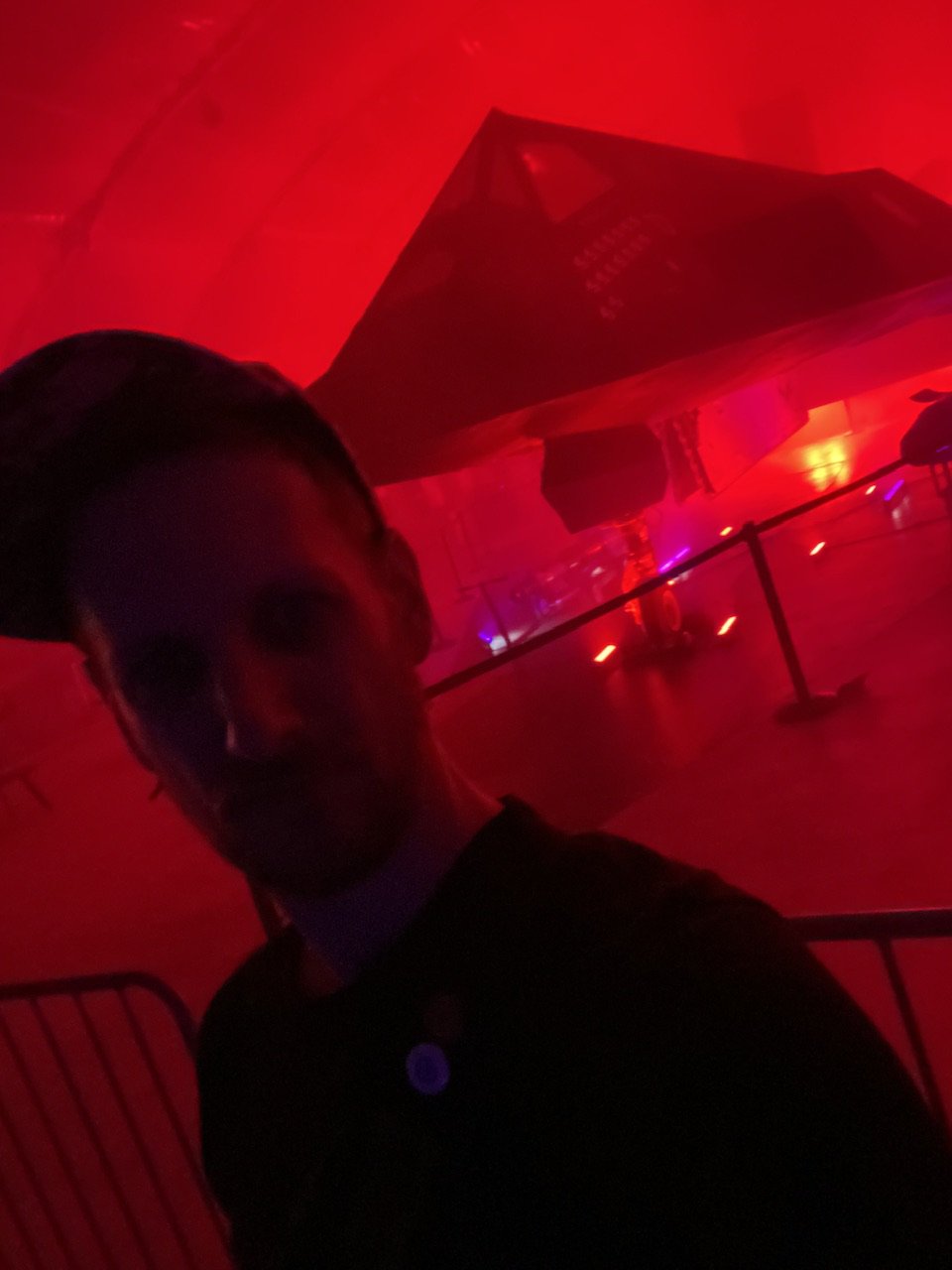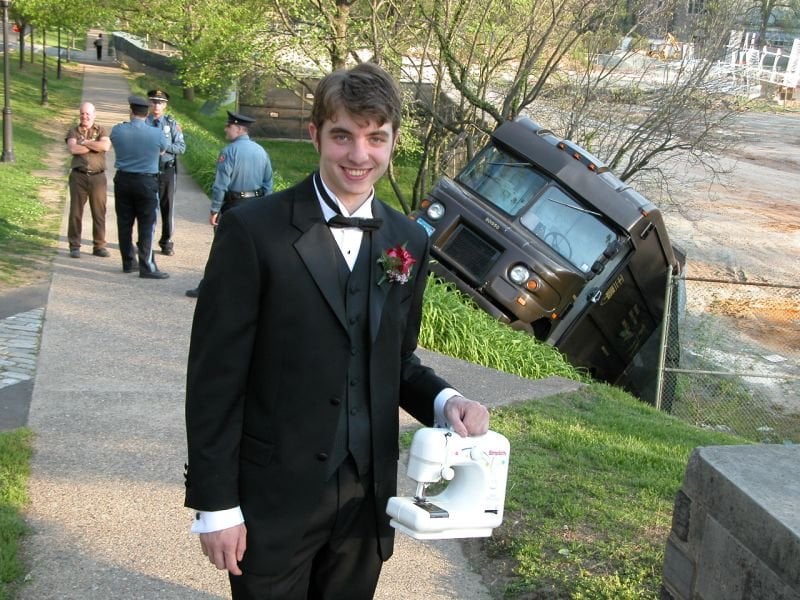This video is really cool. It’s a curator talking about what is on the stone and why. They were supposed to be put in every temple in Egypt and were done so for many years, which is why so many have been discovered since the original famous one.
In German, rosetta is a slang for butthole and whenever I hear Rosetta Stone I imagine a kidney stone trapped in an anus.
My favorite pizzeria is also called rosetta and it grosses me out but I have accepted that them stamping every pizza with their butthole is justified if it makes that good of a pizza.
stamping every pizza with their butthole is justified
You Germans and your kinky porn.
Nice
I think the pizza think comes from the type of butthole they have in the French city of Lyon:
Interesting. Their la rosetta pizza has beef, arugula and parmesan as toppings btw.
Aha well that was my explanation out the window
deleted by creator
I’m gonna have to make a buster call.
deleted by creator
Do we know what they were called in their time (obvs not Rosetta)?
Rosetta Stone 3.4.5 ~ Language Learning [PC ~ Multi]/s of course
I don’t think we do, but my guess was it would be something very simple like “Pharaoh Ptolemy’s temple decree” since it was supposed to be in every temple of every size.
It may not have had one for all we know, it’s named after the modern town is was discovered in
I’ve seen this video before.
Cool, but do you realize this isn’t your personal website where everything is posted specifically for you?
Don’t you realize you’re speaking to the main character?
What about me? Is it specifically for me? I’m super-entertained!
Not just this website, this entire simulation was built just for you!
Just going to comment here to make sure I continue to exist.
I’ve been watching the whole series. It’s all amazing. It sucks that the British Museum has all of this stuff in the first place, but I’m glad they at least give curators a chance to tell the public about them in their own words.
Hot take; would humanity have as many if Europeans/British didn’t excavate them and put them in their own museums? I’m thinking we’d still have some, right? How much longer would it have taken to decipher?
That topic would make an interesting YouTube series.
Europeans pretty notoriously also destroyed a TON of things, especially in the antiquarian days. Schliemann with “troy” would be one of these but also like all of the native American things that weren’t precious metals. So many Maya codices just torched. So many things just plowed under and away.
The codices weren’t destroyed by antiquarians, they were destroyed by Catholic priests and their cronies who thought they were sinful long before the antiquarian era.
But what Schliemann did to Troy (and to other digs he supervised) was criminal. What happened with Pompeii, similarly criminal.
Yeah, I should have clarified on the codices
Thing is, a lot of it was looted. Not even like “Napoleon” style looted specifically for museums, like straight up, “The only reason we have it is because some officer thought it would make a nice trinket and snapped it off of some priceless altar and got bored of it and donated it later in life” sort of thing.
There’s a reason archeologists look on archeology in the 19th century with a good deal of cringe, and it’s not just the rampant racism and sexism. A LOT got destroyed in the process of “We want to learn about these things but we have no cultural frame of reference to study it in except to steal it from These People™”
They also equated “valuable” with “important for knowledge,” meaning that people like Heinrich Schliemann at Troy just bulldozed through things like pottery and domestic debris which would tell us about every day Trojan culture and just stopped when he found gold, something only the elite would have had for decoration.
27 times?
Hey, try not to watch it again on your way through the parking lot!
Today you didn’t learn
holy shit
👍
wait was this a ‘copy found of copy’ joke?
The lion, the witch, etc.
Alrighty then…
Picture this, if you will











